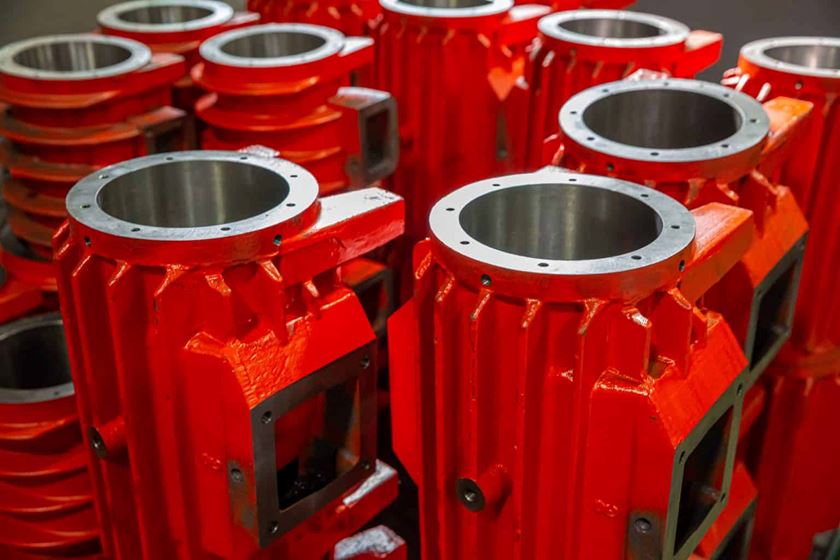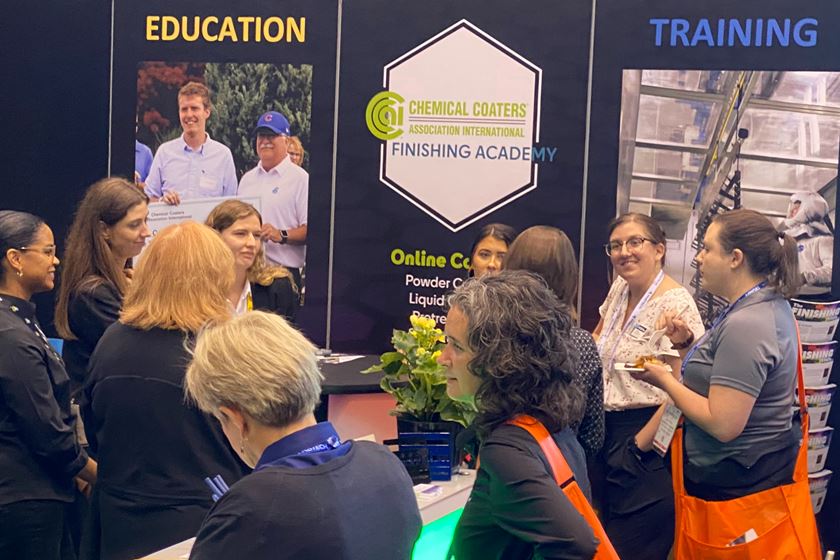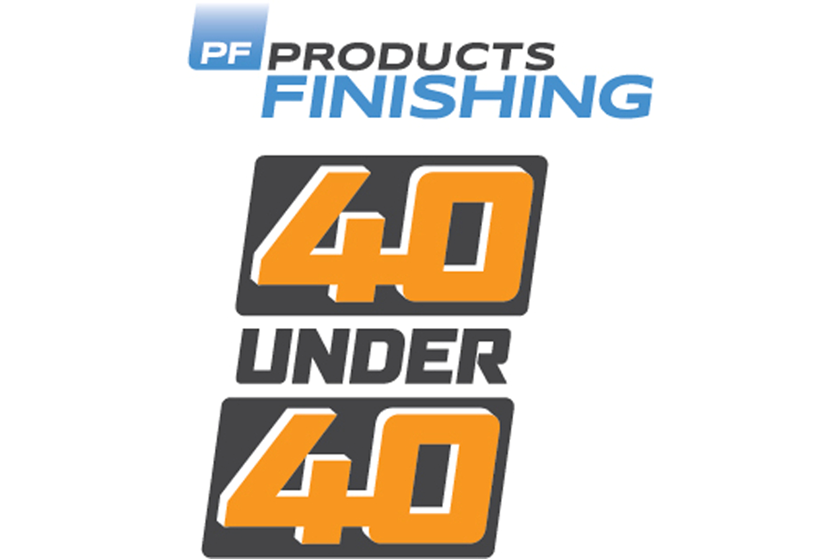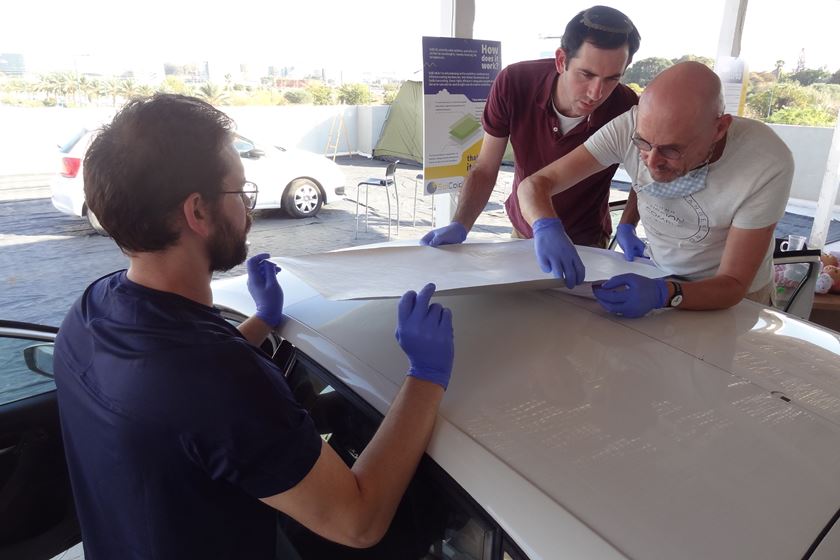Purdue Develops Surface Treatment That Prevents Spread of Bacteria
The process involves infusing peptides into micro cracks on the metal surface.
Edited by
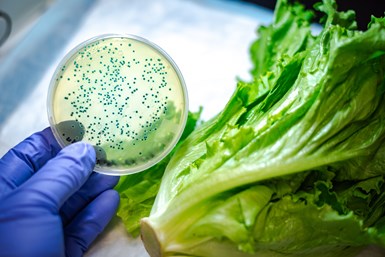
Researchers at Purdue University have developed a treatment to infuse a hardened metal surface with naturally occurring antimicrobial peptides. The Purdue team’s technology results in a hard metal surface that kills bacteria that try to attach to it.
“When we create an oxidized metal surface with nanometer-wide and micrometer-deep cracks, peptides can be infused in these microscopic cracks with a simple wet process,” says David Bahr, head and professor of materials engineering at Purdue, who leads the team. “As an additional benefit, the process can color several metals, providing a visual indication of when the surface is no longer antimicrobial.”
Bahr says this technology applies primarily to food processing and cutting surfaces, which can be especially vulnerable to bacteria growth and attachment given the materials and surface designs involved.
“Our technology can help ensure that if a food processing facility was chopping salad greens, bacteria would not transfer from a contaminated surface to a cutting tool, thereby contaminating many more parts,” Bahr says. “When used in conjunction with food washing and other safe handling, this should allow fewer outbreaks of foodborne illness.”
Preliminary testing has verified that the treated surfaces provide antibacterial properties in excess of the untreated surfaces. The material stored in the cracks releases over time, leading to extended periods of antimicrobial resistance. The oxidation process creates an optically colored material, which provides a simple visual indicator of wear or degradation in antimicrobial performance. The process has been demonstrated on stainless steel and titanium and is applicable to a wide range of commercial metal alloys.












